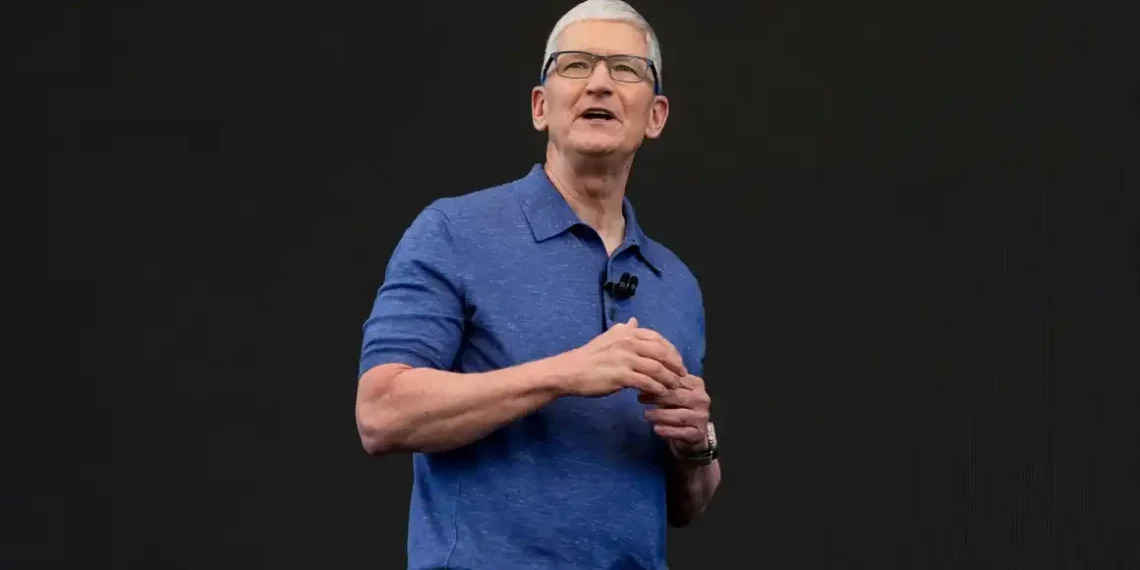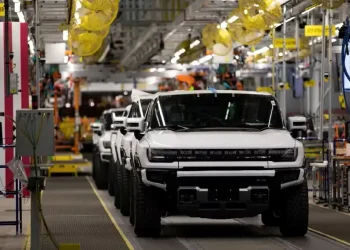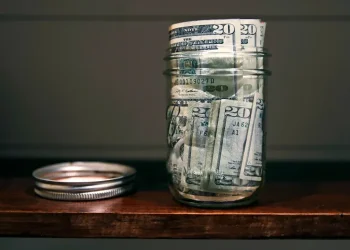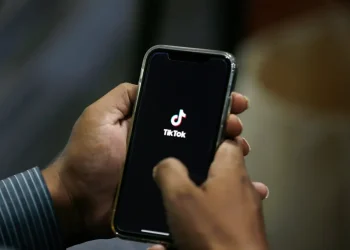Trump’s Tariffs Could Add $900 Million to Apple’s Costs, CEO Tim Cook Reveals
Apple CEO Tim Cook has warned that tariffs imposed during the Trump administration could increase the tech giant’s costs by up to $900 million this quarter. During a quarterly earnings call on Thursday, Cook revealed that Apple is adjusting its supply chain to navigate these financial pressures, including moving iPhone production for the U.S. market from China to India.
“If global tariff rates, policies, and applications remain unchanged for the rest of the quarter, we estimate these tariffs could add $900 million to our costs,” Cook stated. This move comes as Apple strives to mitigate the impact of ongoing trade tensions between the U.S. and China.
Shifting iPhone Production to India
While Apple has already started relocating some iPhone production to India in recent years, Cook emphasized that a significant portion of iPhones sold in the U.S. will now be manufactured in India. This shift represents a major adjustment in Apple’s global supply chain, as the company has historically relied heavily on China for production.
However, the U.S. tariffs on Chinese goods—particularly President Trump’s 145% levy—are still a major financial burden. Even though Apple’s smartphones have been exempt from the most extreme tariffs due to the semiconductor components they contain, products made in China are still subject to a minimum 20% tariff. This makes it more expensive for Apple to maintain its traditional production model in China.
Apple’s Financial Snapshot
Despite these tariff challenges, Apple’s financial performance for the January-March quarter showed resilience. The company posted $95.4 billion in revenue, marking a 5% increase compared to the same period last year and surpassing analysts’ expectations. iPhone sales saw a 2% rise, reaching $46.8 billion.
“We had a limited impact from tariffs in the March quarter, thanks to our ability to optimize the supply chain and manage inventory effectively,” Cook explained.
However, Apple’s performance in Greater China, which includes Hong Kong and Taiwan, saw a slight decline of about 2%, totaling $16 billion. The drop comes as local competitors gain ground in China, which remains Apple’s second-largest market.
A Complex Global Supply Chain
Apple’s move to diversify its manufacturing operations beyond China highlights the growing risks of relying on a single country for production. “Our supply chain is complex, and there’s always risk involved,” Cook acknowledged. “We learned some time ago that concentrating everything in one location is too risky.”
For the U.S. market, Apple is shifting much of its production to India, while Vietnam will take over the production of other major Apple products, such as iPads, Macs, Apple Watches, and AirPods.
Despite the challenges, Apple remains committed to expanding production outside of China to hedge against tariff uncertainties. However, Cook also made it clear that while the company is exploring alternatives, it’s unlikely to bring iPhone production to the U.S. anytime soon. Analysts, including Dan Ives from Wedbush Securities, have argued that such a shift would be nearly impossible without dramatically increasing the cost of an iPhone—potentially pushing the price to $3,500.
Apple’s Strategic Investments
In February, Apple announced a $500 billion investment plan aimed at expanding production and avoiding tariffs. However, this initiative is focused on server facilities and artificial intelligence infrastructure, not on manufacturing iPhones in the U.S. The company is also investing in an academy to train businesses on advanced manufacturing techniques.
While President Trump has championed Apple’s investment, it’s clear that building a robust, tariff-free supply chain for iPhones in the U.S. remains a distant goal. As Apple continues to navigate these economic challenges, the company’s ability to adapt its global supply chain will be key to maintaining its profitability in the face of ongoing political and economic uncertainties.
This article was rewritten by JournosNews.com based on verified reporting from trusted sources. The content has been independently reviewed, fact-checked, and edited for accuracy, neutrality, tone, and global readability in accordance with Google News and AdSense standards.
All opinions, quotes, or statements from contributors, experts, or sourced organizations do not necessarily reflect the views of JournosNews.com. JournosNews.com maintains full editorial independence from any external funders, sponsors, or organizations.
Stay informed with JournosNews.com — your trusted source for verified global reporting and in-depth analysis. Follow us on Google News, BlueSky, and X for real-time updates.














